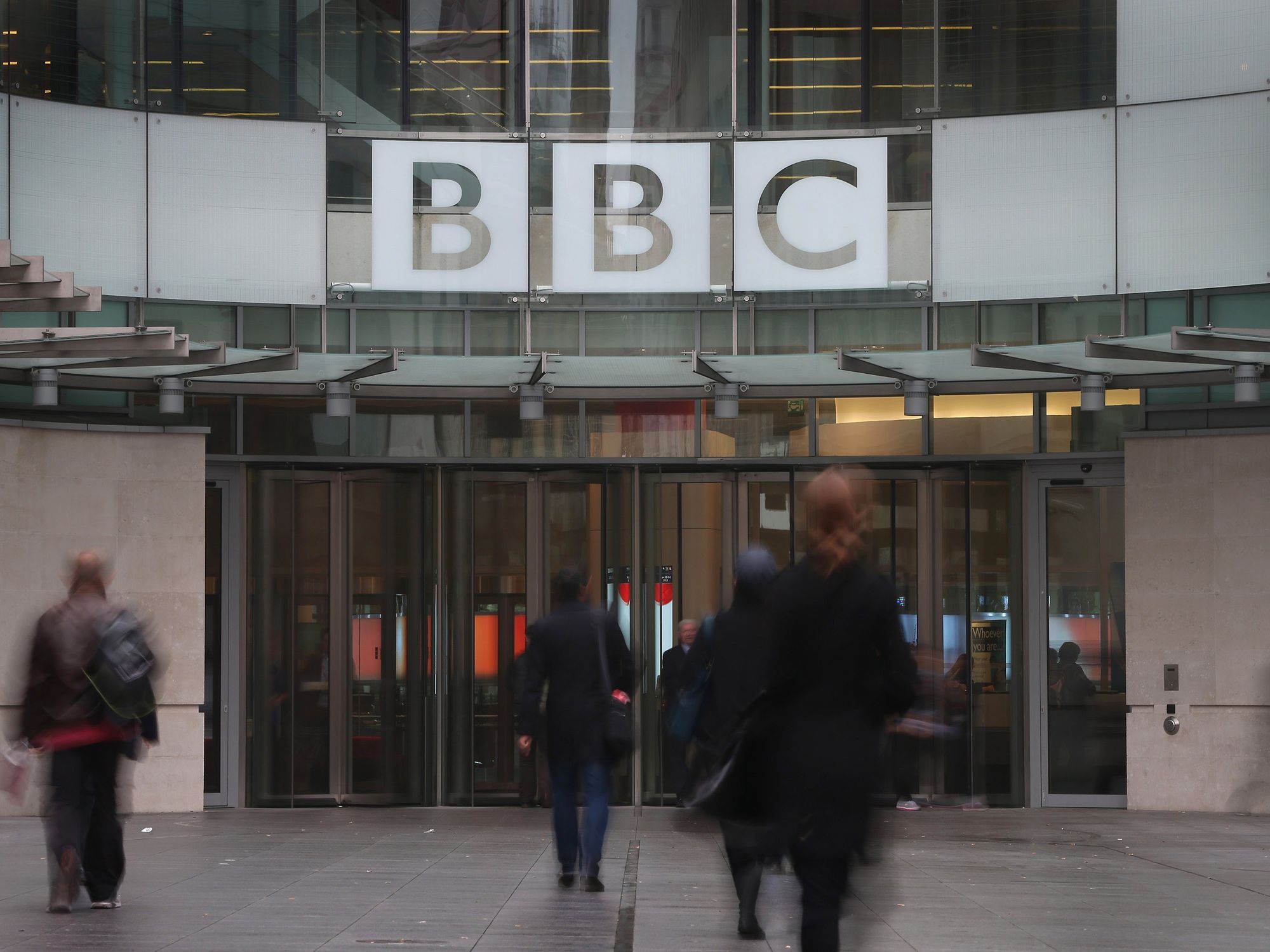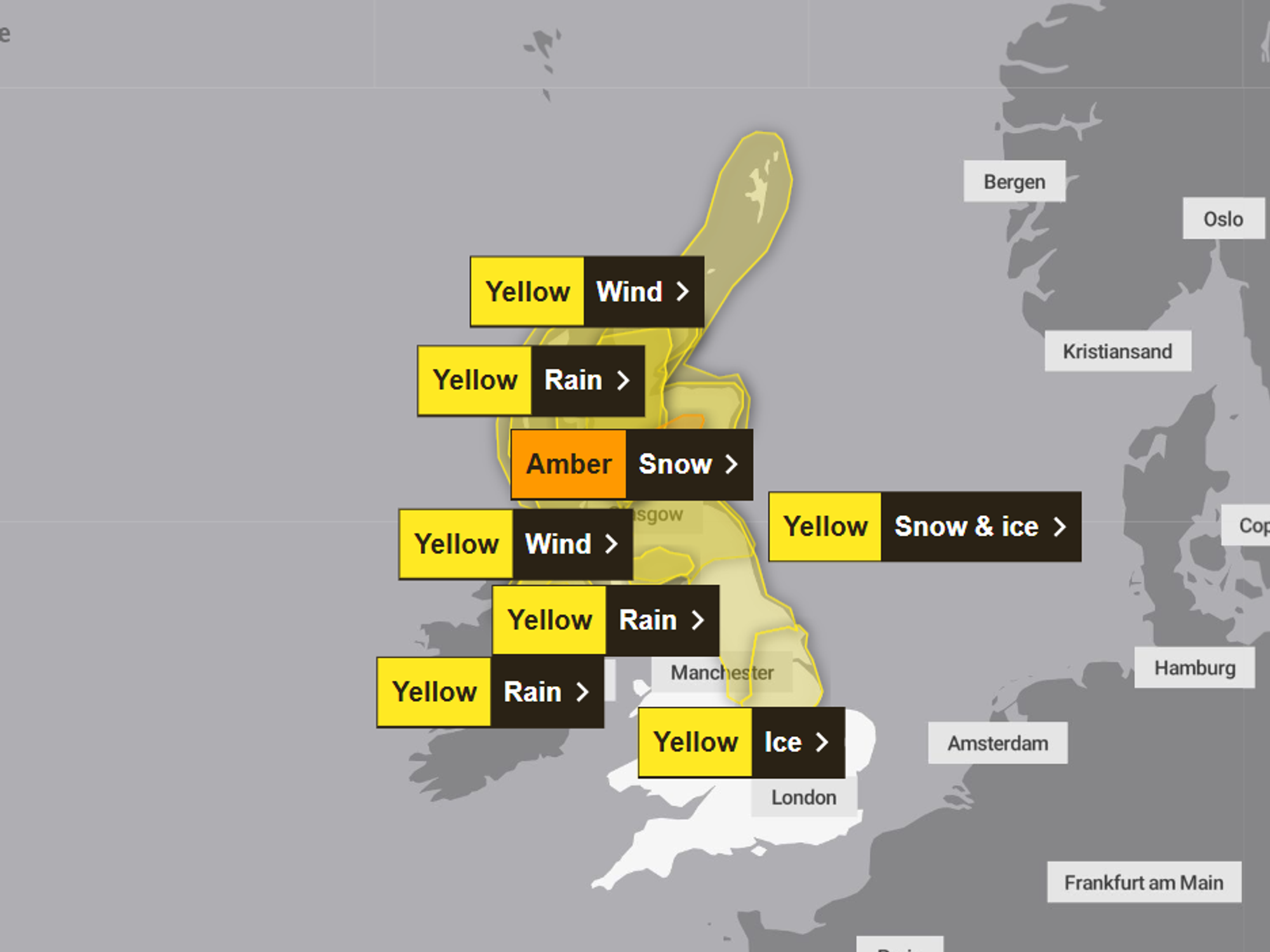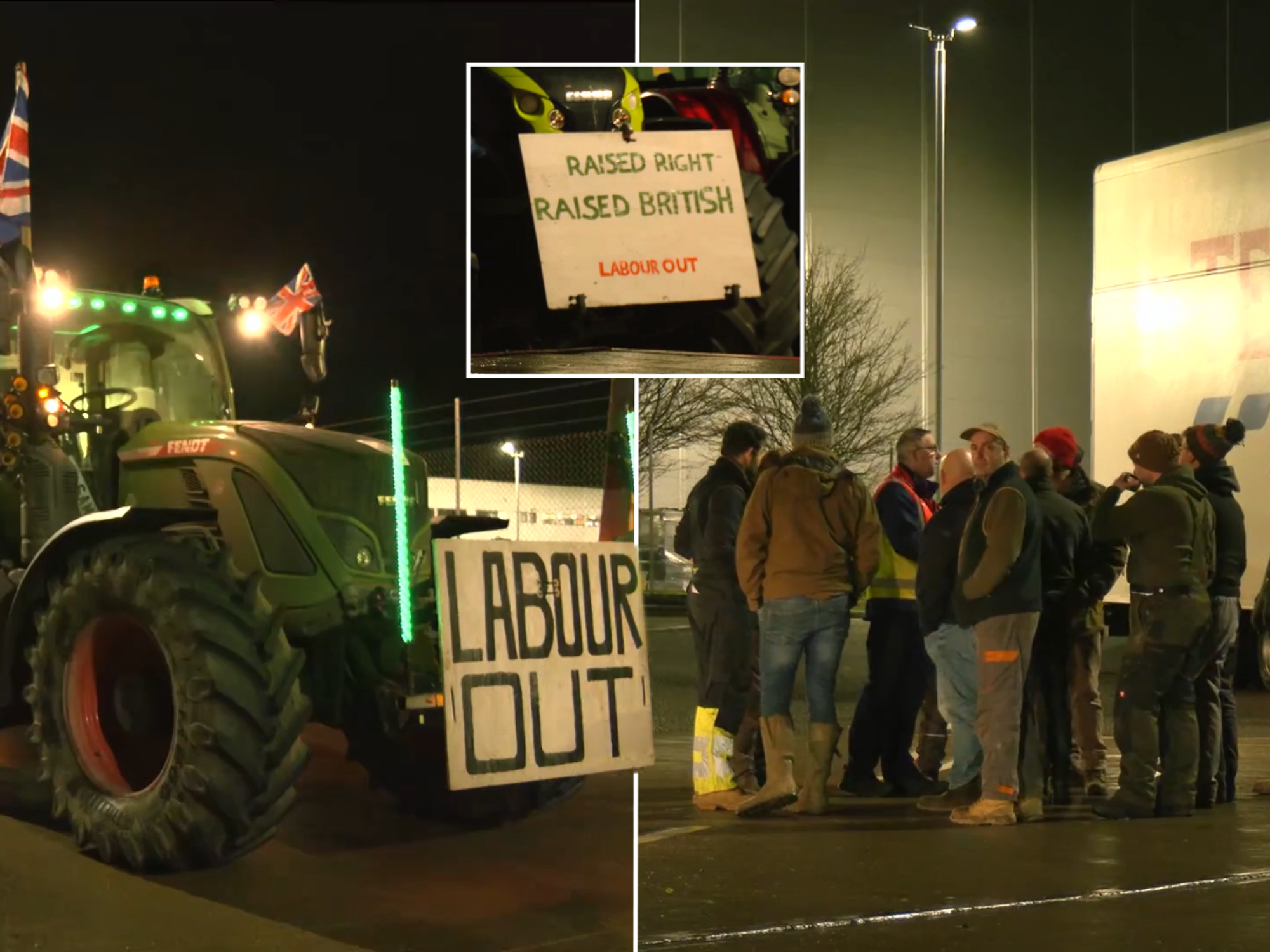Hidden in the latest net migration figures is a new emergency for our women and girls - Rakib Ehsan
The new migration figures provide little reason for celebration for immigration restrictionists who value public safety, writes researcher and media commentator Rakib Ehsan
Don't Miss
Most Read
Trending on GB News
While yesterday’s net migration figures published by the Office for National Statistics (ONS) showed a sharp drop to 204,000 for the year ending June 2025, it masked trends which are hugely concerning.
The ONS’s provisional estimate for the number of migrants who arrived in the UK in the shape of long-term international migration for the year ending June 2025 is 898,000 – not a small amount by any stretch of the imagination.
To put it into perspective, it dwarfs the entire population of the city of Leeds as well as the whole county of Devon. The reason why net migration is relatively low (in this era of industrial-scale immigration) is because high levels of emigration are now running parallel to it.
For this same period, the ONS’s provisional estimate for long-term emigration – people leaving the UK on a long-term basis – is 693,000 (an increase of 43,000 from the updated estimate of 650,000 for the year ending June 2024). Within that estimate is the emigration of more than a quarter of a million British nationals – 252,000.
While the UK remains wedded to a dysfunctional immigration system defined by a fundamental lack of both quantity and quality control, it is now at risk of suffering a mass exodus of younger, enterprising, and well-resourced citizens who wish to build a better future elsewhere.

Hidden in the latest net migration figures is a new emergency for our women and girls - Rakib Ehsan
|Getty Images
On top of that, there is bad news when it comes to the ongoing small-boats emergency, which seems to be worsening. New UK Government data revealed that in the year ending September 2025, there were 51,249 “detected irregular arrivals” – 40 per cent higher than the previous year, with 89 per cent arriving in the UK, without official permission, by crossing the English Channel on a small boat.
Underscoring the reality of the small-boats emergency being a male-dominant form of illegal migration, since 2018, 71 per cent of people “detected arriving irregularly” to the UK have been adult males aged 18 and over.
Well over half – 56 per cent - of detected irregular arrivals to the UK in the year ending September 2025 were from five nationalities: Eritrean, Afghan, Iranian, Sudanese and Somali.
These are countries of origin which have vastly different prevailing norms when it comes to the rights, treatment, and protection of women and girls – there is no doubt that the small-boats crisis is responsible for undermining female public safety in modern Britain.
What makes matters worse is that while the current government has declared its intention to end the use of hotels as part of the asylum accommodation system, there has been a surge in the number of migrants being rehomed in this manner.
Following a ‘summer surge’ of small-boat crossings and asylum claims, data from the Home Office revealed that 36,273 asylum seekers were accommodated in hotels at the end of September 2025. That was 4,232 – or 13 per cent – higher than the 32,041 at the end of June this year.
The data also showed that a record 110,051 people claimed asylum in the UK in the year ending September 2025. Modern Britain – the El Dorado for illegal migrants with its generous package of state-funded accommodation, NHS access, and human-rights architecture which tends to prioritise the rights of foreign nationals over domestic citizens – is the asylum-claimant capital of Europe.
In addition to this, a leaked Home Office document titled “absconder pool” suggests that, as of October, there are 53,298 migrants who have breached their immigration bail or escaped from detention whose whereabouts are unknown.
The number of illegal migrants who have either absconded or are missing is around the entire population of the Borough of Melton in Leicestershire.
The new migration figures provide little reason for celebration for immigration restrictionists who value public safety and are anxious over the pace of demographic change in the UK. In fact, it provides them with greater cause for concern.
More From GB News











